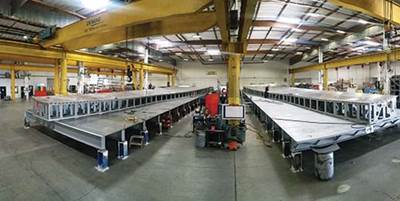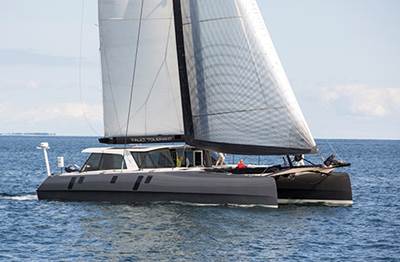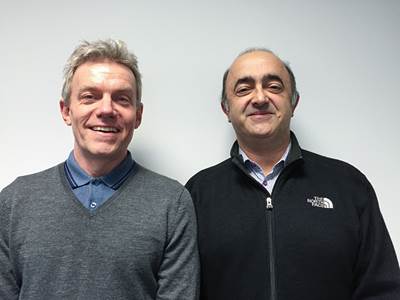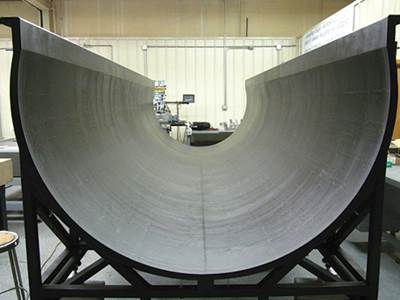Molds/Tools
Weber Manufacturing Technologies: Midland, ON, Canada
With a long, storied history in composites moldmaking, this rare nickel vapor deposition specialist has built a strong niche, making large, high-quality tools.
Read MoreAscent Tooling Group ascends via innovation
The world’s largest metal and composite moldmaker has a new name and continues to make a name for itself in closer control of large-part dimensional tolerance.
Read MoreLooking for Lindberghs
Every paradigm-shifting invention throughout human history has been met with skepticism. CW editor-in-chief Jeff Sloan says the composites industry has need of those willing to attempt what most believe impossible.
Read MoreIncremental thinking just won’t cut it!
Composites industry consultant and regular CW columnist Dale Brosius says if this industry is to have a future that goes anywhere profitable, then we've got to get off the road we're on and map out a whole new way to think about the tasks at hand.
Read MoreQuasi-isotropic, symmetrical fabric for tooling
Well-known in structural applications, this symmetric, balanced and quasi-isotropic fabric offers savings and opens opportunities in composites tooling.
Read MoreMoldmaker bypasses patterns for high-tech production catamarans
Direct-to-milled-tool process simplifies large deck mold development.
Read MoreGetting part dimensions right in composites molding
Guest columnists Dr. Göran Fernlund (left) and Dr. Anoush Poursartip (right) of Convergent Manufacturing Technologies (Vancouver, BC, Canada) argue that today's CAD design and process simulation software can construct a "multi-physic process model" accurate enough for reliable dimensional management.
Read MoreComposite tooling without oven or autoclave
No Oven No Autoclave technology has been demonstrated in tooling for NASA, including multiple thermal cycles and use for curing epoxy infused out-of-autoclave parts.
Read MoreTooling (2015)
Composite parts are formed in molds, also known as tools. Tools can be made from virtually any material. The material type, shape and complexity depend upon the part and length of production run. Here's a short summary of the issues involved in electing and making tools.
Read MoreComposites business does grow on trees
This advanced composites contractor welcomes down-to-earth opportunities to bring aerospace quality to fantasy foliage.
Read More








